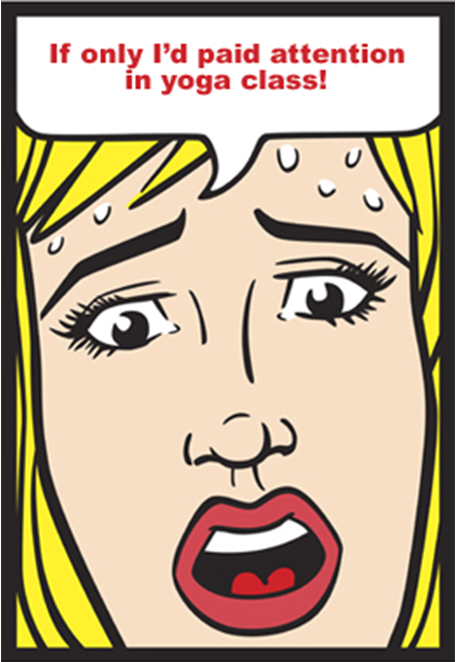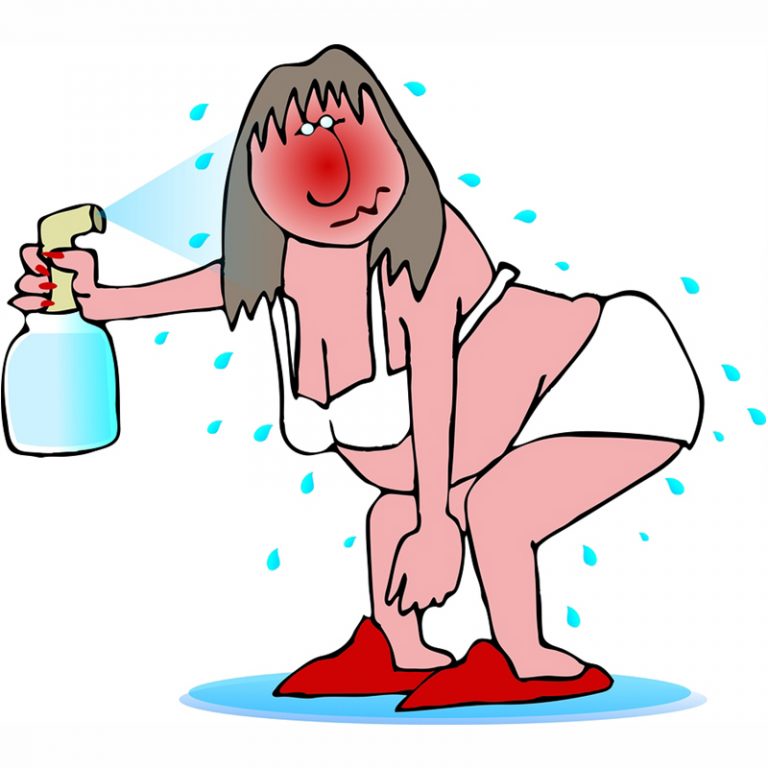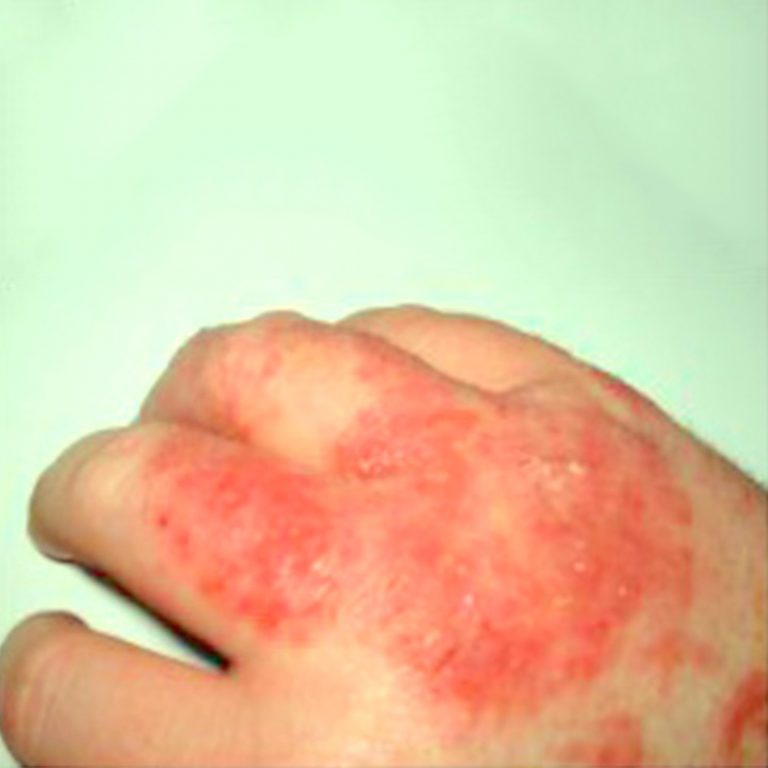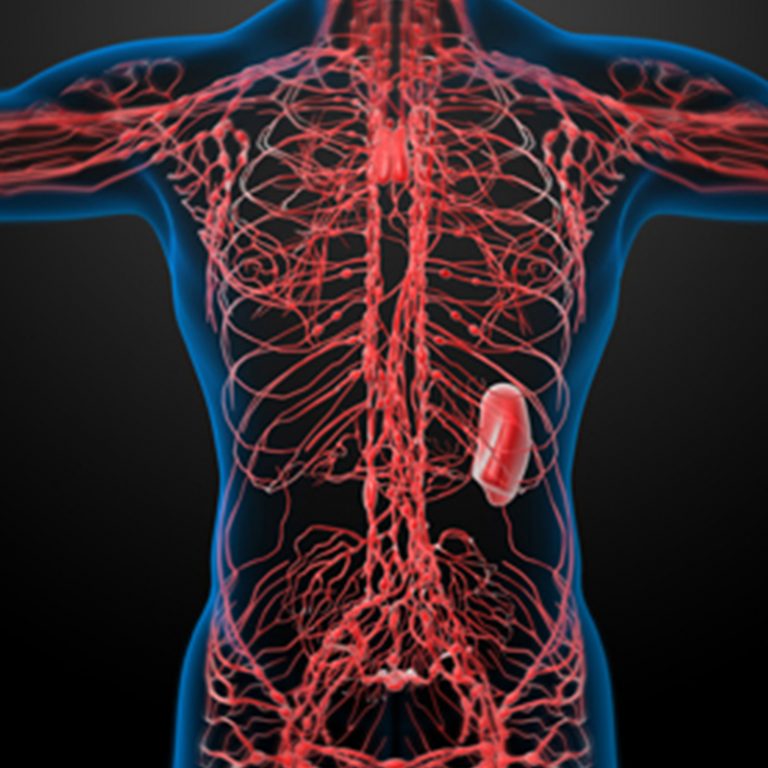Ayurvedic Treatment for Anxiety and Panic Attack Symptoms

Anyone who has suffered a panic attack or anxiety attack knows how terrifying an experience it can be. The victim might fear leaving the home, or having an attack in public. Most last from 2 – 20 minutes and occur during the day or at night during sleep. A panic attack can be so severe that there is a fear of dying or losing contact with reality.
What are panic attack symptoms?
The stress response is invoked – muscles tighten, breathing and heart beat speeds up to send more oxygen and blood to the muscles, and the face goes pale as a result. Digestion slows, saliva dries up and the senses become excessively acute. You may experience hot and cold flushes, and a surge of adrenaline causes sweating, faintness, chest pains, nausea, tingling or numbness, ringing in the ears, fear or terror.
There is an unreal, detached feeling.
If untreated, these symptoms can persist throughout life and can even lead to worse problems, such as agoraphobia or depression. If severe, they can also lead to hospitalization.
If you are looking for anxiety treatment in Australia, call us on 1300 552 260.
What causes panic attacks?
The causes are many and varied, but often involve a past trauma, of which the sufferer may not be aware or may not associate with the problem. An over-anxious personality may be a contributory factor to panic disorder, or even a digestive problem such as hypoglycaemia or an allergy. Drugs – prescribed or recreational – can also be involved.
Any of these factors, together with too much thinking, can cause a brain overload, comparable to a computer crash. A person’s individual biorhythmic cycle will also be a factor.
How are panic attacks treated in Ayurveda?
During a panic attack, vata derangement results in an intense stress response and agitated (rajasic) state of mind.
Many of the most effective ways to reverse the onset of an attack involve deep breathing – however the technique needs to be simple and not require thinking to implement quickly.
Ujjayi Pranayama is King for Panic Attacks
Ujjayi Pranayama is just such a pranayam – and involves directing the breath during inhalation and exhalation across the back of the throat, gently constricting the throat to cause a soft “hissing” sound. Breathing occurs through both nostrils, with mouth closed.
Producing the sound help slows the breath, and as your awareness becomes focused on the sound, and on producing an even regular sound, your breathing becomes deep and smooth aiding your anxiety attack symptoms to greatly decrease.
Ujjayi Pranayama has been shown to be highly effective in balancing the autonomic nervous system through an enhanced activation of the para-sympathetic system – ie the “rest and recovery” or relaxation responses. As a result:
- Your heartbeat decreases to resting level
- Blood vessels and muscles relax, allowing blood to bring nutrients to and carry waste away from your cells
- Blood is diverted back to the gastrointestinal tract
- Breathing slows down
…and you will feel your panic attack dissipate…
Ujjayi pranayama might be one of the best natural remedies for anxiety.
What can I do to prevent future panic attack?
Reducing the frequency and intensity of panic attack requires following a vata pacifying diet and daily routine.
Ayurveda offers natural treatment for anxiety. Implement some actions on a daily basis that will reduce your stress levels –
- self massage with vata pacifying massage oil (eg Mahanarayan, Shatavari). Such oil massages are an integral part of natural treatment for anxiety.
- taking a 20 minute walk after dinner or in the morning
- 10 or more minutes of meditation (very beneficial!),
- practicing restorative yoga like shavasana and yoga nidra
- take Ayurvedic herbs that promote calm and clear the mind. Ashwaghanda and Brahmi are two such well known Ayurvedic herbs that are considered some of the best natural remedies for anxiety.
Call us on 1300 552 260 for a free 10 minute consultation or Book an appointment today at Yatan Holistic Ayurvedic Centre, Sydney.
Herbal Remedies For Anxiety and Panic Attacks
There are some herbal remedies you can practise that may help you relieve anxiety and stress.
- Lemon balm is believed to have a calming effect on the nervous system, making it useful for managing anxiety and panic attacks. It can be applied to pulse points, such as the wrists or temples, for its calming and relaxing effects.
- Chamomile tea may also help in relaxing your mind and soothing your anxiety.
- Incorporating lavender in your daily routine whether in a form of tea, essential oil or just spraying the mist on your pillow before a good night sleep may also help in reducing your anxiety.
- Physical activity, a healthy diet, regular sleep and relaxation exercises may all help to reduce anxiety
Frequently Asked Questions
What happens during a Panic Attack?
During a panic attack, an individual experiences a sudden onset of intense fear or discomfort, which can be accompanied by physical and psychological symptoms. These might include rapid heartbeat, sweating, trembling, shortness of breath, feelings of choking, chest pain, nausea, dizziness, fear of losing control, or fear of dying.
How to treat panic attacks in Ayurveda?
In Ayurveda, panic attacks are often associated with an imbalance in the Vata dosha. Treatment can include:
- Dietary Changes: Consuming warm, grounding foods that balance Vata like soups and stews.
- Herbal Remedies: Herbs like ashwagandha and brahmi may be beneficial.
- Meditation and Pranayama: Techniques to calm the mind and balance the prana (life force).
- Massage: Abhyanga, or oil massage, can help ground and soothe the Vata dosha.
What are 3 symptoms of a panic attack?
Three symptoms of a panic attack that you may notice are:
- Rapid heartbeat or palpitations
- Intense fear of death or impending doom
- Trembling or shaking
How to calm anxiety through Ayurveda?
There are some natural remedies for anxiety that may be beneficial for you. It includes:
- Diet: Consume warm, nourishing foods and avoid caffeine or stimulants.
- Herbal Support: Brahmi, ashwagandha, and shankhpushpi can be used.
- Lifestyle: Ensure adequate sleep, adopt daily routines, and engage in grounding activities.
- Mind-body Practices: Meditation, yoga, and deep breathing can help.
What does a panic attack feel like?
A panic attack can feel like an overwhelming sense of dread and fear. Physically, one might feel heart palpitations, chest pain, and shortness of breath. Some describe it as feeling as if they’re having a heart attack or are about to die.
What is the cause of panic attacks?
The exact cause of panic attacks is unknown, but factors might include genetics, major stress, certain changes in brain function, or a combination of these.
How can I reduce panic attacks?
You may reduce panic attacks by:
- Recognise and understand your triggers
- Practise deep breathing and relaxation techniques
- Seek therapy or counselling
- Avoid caffeine and alcohol
- Engage in regular exercise
How long do panic attacks last?
Panic attacks typically last for several minutes, but they can sometimes go on for up to 10-20 minutes or even longer in some cases. If you suffer from panic attacks and are looking for anxiety treatment in Australia, do not hesitate to call us on the above number.
What type of person has panic attacks?
Anyone can experience a panic attack, but they are more common in people with a family history of panic attacks or disorders, those undergoing significant stress, or those who have experienced traumatic events.
How to calm anxiety in Ayurveda?
Ayurveda suggests some natural treatment for anxiety relief, which may include:
- Dietary Adjustments: Favour warm, grounding foods.
- Herbs: Ashwagandha, brahmi, and tulsi can be helpful.
- Daily Routine: Regular sleep patterns and daily rituals can provide stability.
- Mind-body Techniques: Meditation, pranayama, and yoga.
What are the Ayurvedic herbs for an anxiety attack?
- Ashwagandha
- Brahmi (Bacopa monnieri)
- Jatamansi (Spikenard)
- Shankhpushpi
- Tulsi (Holy Basil)
But before consuming any ayurvedic herb, do consult with an ayurvedic practitioner.
What is the strongest anti-anxiety herb?
While the effectiveness can vary between individuals, many consider ashwagandha and brahmi to be among the strongest anti-anxiety herbs.
Is ashwagandha good for panic attacks?
Yes, ashwagandha is an adaptogenic herb that has been traditionally used in Ayurveda for its stress-relieving properties. It may help reduce anxiety levels, making it potentially beneficial for those experiencing panic attacks. However, individuals should consult with an ayurvedic practitioner before starting ashwagandha or any other supplement.
Call us on 1300 552 260 if you are looking for anxiety treatment in Australia.

*Discover holistic healing with a complimentary phone or video consultation from our expert Ayurvedic practitioner. Start your path to better health today!*























